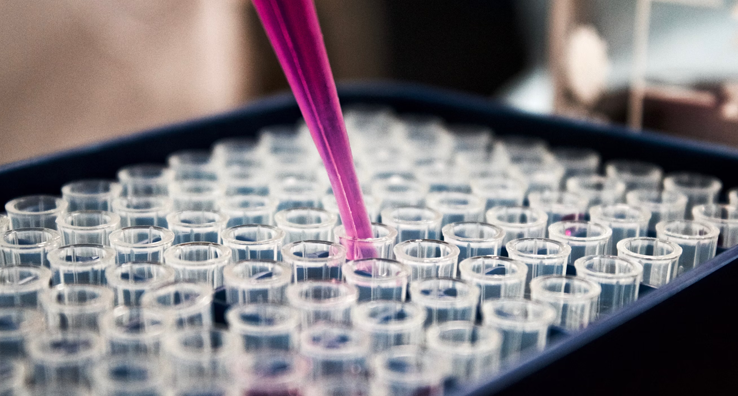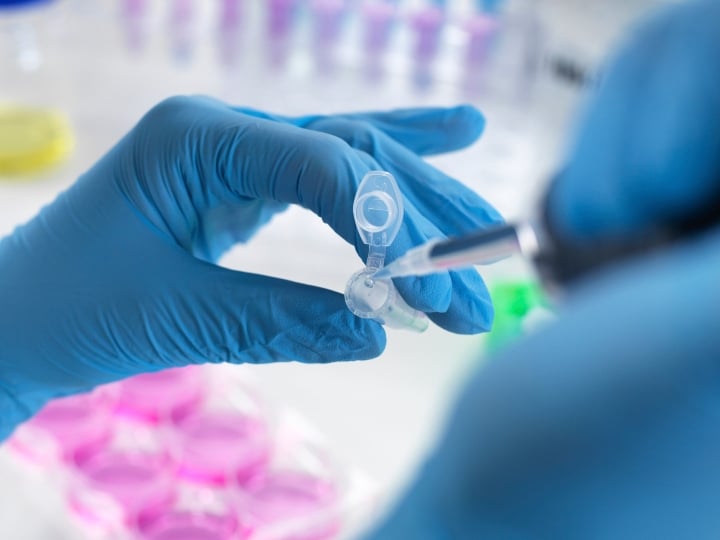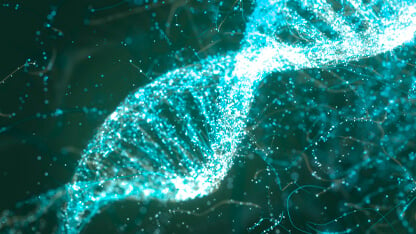Product-related impurity analysis in line with ICH Q6B with laboratory-scale isolation and a range of chromatography or mass spectrometry approaches
Product-related impurity isolation and characterisation is an important aspect of biopharmaceutical process validation. It determines the properties of molecular variants that differ in regard to activity, efficacy and safety from the desired drug substance. According to the ICH Q6B Guidelines, product-related impurities include molecular variants of the desired product; for example truncated and other modified forms, aggregates, precursors and certain degradation products arising during manufacture and/or storage.
These product-related impurities need to be well understood in order to assess their impact on the safety and efficiency of the product; however, to achieve this, isolation of suitable quantities - often milligrams levels - are required to fulfil characterization (to identify the type of modification(s)) and method validation of quality control methods.
Product-related impurity characterisation
Our experienced scientists perform detailed characterization using a diverse range of technologies which include MALDI-MS, LC-MSMS, HPLC, IR, NMR and fluorescence methods.
For truncated forms we use enzyme or chemical cleavage of peptide followed by characterisation by chromatography (e.g. HPLC) or SDS-PAGE approaches. Our mass spectrometry experts also perform peptide mapping to yield useful information about the variant.
We utilise a wide range of chromatographic, electrophoretic and/or other relevant analytical methods (e.g., HPLC, capillary electrophoresis, mass spectroscopy, circular dichroism technology) to determine other modified forms such as deamidated, isomerised, mismatched S-S linked, oxidised or altered conjugated forms (e.g., glycosylation, phosphorylation).
We have a great deal of experience in determining the presence of aggregates such as dimers and higher multiples of the product which we resolve from the desired product and quantitate by size exclusion chromatography or capillary electrophoresis.
Degradation products arising during manufacture and/or storage in significant amounts are characterised and levels are determined against appropriately established acceptance criteria.
Product-related impurity laboratory-scale isolation
Our product-related impurity analysis team employ the Akta™ Fast Protein Liquid Chromatography (FPLC) system which facilitates semi-preparative scale ion-exchange chromatography methods in order to purify acidic and basic species. Using optimized methods, the collected fractions from several chromatographic runs can be pooled, buffer-exchanged and concentrated to mg/ml levels. Each purified batch is then subjected to an internal QC check by SDS-PAGE, A280, IEF and ion exchange chromatography.
We can also offer a similar approach with an Agilent 1200™ system to scale-up a size exclusion chromatography method in order to purify aggregates and structural variants of the product. Native PAGE, A280 and size exclusion chromatography can then be employed to check the quality of the batches purified in milligram quantities.
With the vast base of isolation techniques and characterisation technologies in our GLP / GMP compliant protein analysis laboratories, underpinned by over 20 years of experience in supporting biologic drug development and bioprocessing, Intertek can ensure that you meet all regulatory expectations and specifications for your drug substance and drug product. Bringing quality and safety to life, we offer Total Quality Assurance expertise to help you to meet and exceed quality, safety and regulatory standards.
Protein Analysis Services:
- Protein Analysis
- Comparability Studies for Biopharmaceuticals
- Biopharmaceutical Process and Product Related Impurities Analysis
- Process Residuals Analysis
- cGMP Cell-based Bioassays
- Comparability Studies for Biopharmaceuticals
- Higher Order Structural Characterization
- Protein Aggregation State Characterization
- Stability Testing of Biologics and Biosimilars
- Biologics and Biosimilar Product Release Testing
Pharmaceutical News & Events
- Determination of Particles in Pharmaceuticals - Article
- Discover our Audit Live Tool for direct access to our scheduled audits
- Extractables/Leachables Lab Tour - Request access
- Medical Device Extractables & Leachables Studies
- Glycosylation Analytical Approaches for Antibody Therapeutics
- Rapid Determination of Low/Trace Level Benzene in Pharmaceutical Excipients and Finished Products
- mRNA Analytics: Capping Efficiency, Sequencing, Poly-A Tail, dsRNA

ARTICLES
New Approaches to Bioassay Design
Characterisation of Bispecifics
The Significance and Challenges of Inhaled and Nasal Biologics
Current Analytical Approaches to Biophysical Characterisation
Biosimilar Characterisation and Immunogenicity
WHITEPAPER DOWNLOADS
Liposome Physicochemical Property Analysis
Formulation of Biologics for Inhaled and Nasal Delivery
The Complexities of Antibody Drug Conjugate Characterization
BROCHURES
Download: Intertek Biopharmaceutical Services Brochure
Download: Intertek Pharmaceutical Services
COVID-19 VACCINE OR THERAPEUTIC TESTING & DEVELOPMENT SUPPORT
IMMEDIATE QUESTION? Ask our experts now
FACTSHEET: COVID-19 Vaccine or Therapeutic Testing & Development Outsourcing
ARTICLE: Repurposing Vaccines for Intranasal Development
WEBINAR: Quality Control Strategy for Vaccine Development
WEBINAR: Repurposing Drugs for Inhaled Delivery
eBOOK: Contingency Outsourcing Solutions


